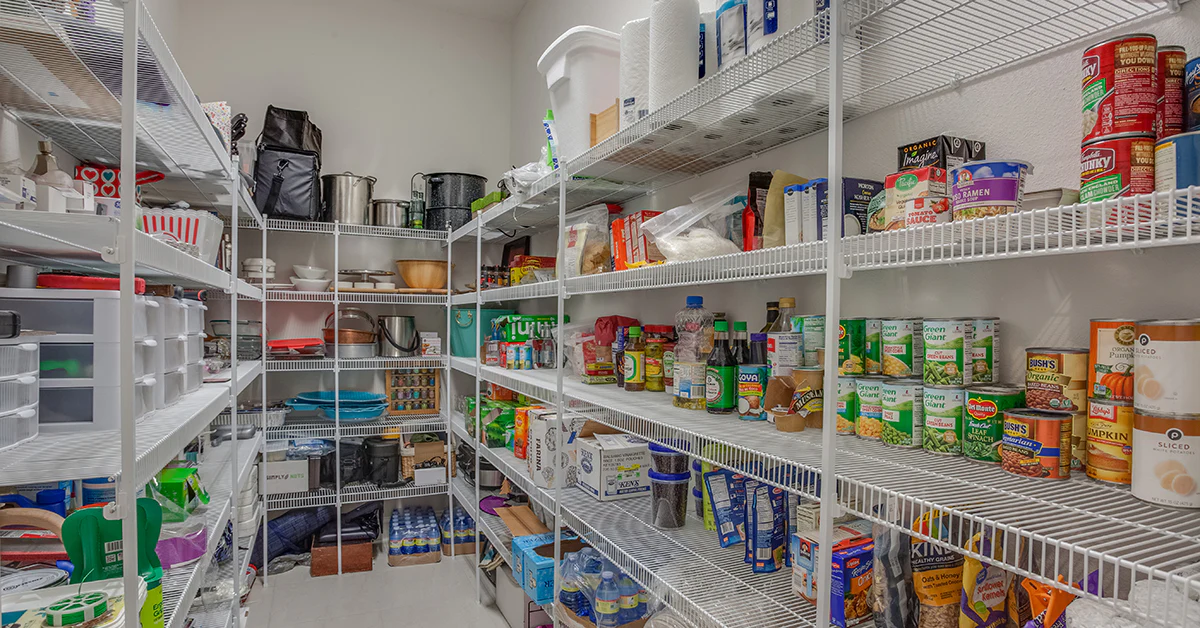Islamabad: As geopolitical tensions between India and Pakistan continue to rise, there is a comprehensive guide to help citizens prepare for and respond to wartime emergencies.
During wartime, staying alert and prepared can save lives. At the sound of a siren, immediately seek shelter. Short, repeated sirens signal danger—take cover.
A long, continuous siren means the threat has passed. During blackouts, turn off all outdoor lights and cover windows to prevent light leakage. Use torches or mobile lights indoors and away from windows.
Stock up on essentials—dry food, drinking water (enough for 72 hours), medicines, a first aid kit, and extra cooking gas. Set up a safe area inside your home, like a basement or windowless room.
Avoid spreading or believing rumors; rely on updates from official government channels. Save emergency numbers (police, ambulance, rescue) for quick access.
If shelling occurs, stay away from windows. Lie flat and crawl to safety. In vehicles, exit and take cover. In open areas, lie on your stomach and protect your head with your arms.
Help rescue teams, let ambulances pass, and donate blood if possible. Avoid unnecessary travel, and ensure schools, mosques, and offices are prepared with emergency plans and evacuation routes.
Staying informed, calm, and cooperative ensures your safety and supports your community during emergencies.
The advisory outlines key safety protocols for individuals, communities, and institutions during conflict, natural disasters, and other critical situations.
Recognizing Siren Alerts
The guide emphasizes the importance of understanding siren signals:
- Short, repeated sirens: Indicate an immediate threat — seek shelter without delay.
- Long, continuous siren: Signals the end of danger — it is safe to come out.
Blackout Guidelines
During a wartime blackout, all exterior lighting must be turned off:
- Switch off household, commercial, and street lights.
- Use blackout curtains or dark sheets to cover windows, preventing light leaks.
- If light is needed indoors, use a torch or mobile phone light cautiously and away from any openings.
Essential Supplies
In the event of widespread disruption:
- Stock non-perishable foods such as canned goods, dried fruits, and high-calorie snacks like chocolate.
- Store drinking water to last at least 72 hours per person.
- Keep a first aid kit, an extra gas cylinder, and basic shelter arrangements like using a basement or a room with minimal windows.
Reliable Information Sources
The guide cautions against falling for rumors or misinformation:
- Follow official government updates, trusted media outlets, or credible human rights organizations.
- Keep emergency contact numbers for police, ambulance, and rescue services easily accessible.
During Shelling or Attacks
In case of active shelling:
- Move away from windows and doors.
- Lie flat on the ground and crawl to a more secure spot.
- If in a vehicle, exit immediately and take cover nearby.
- In open areas, lie face down and protect your head with your arms.
Community Support and Cooperation
Citizens are urged to cooperate with emergency and defense personnel:
- Yield to ambulances and rescue teams.
- Assist the injured, and if possible, donate blood.
- Respect the efforts of the military, police, healthcare workers, and volunteers.
Travel Advisory
Avoid non-essential travel during wartime conditions to reduce risks and keep roads clear for emergency operations.
Role of Schools, Mosques, and Workplaces
Institutions must also take proactive steps:
- Schools should conduct regular emergency drills.
- Mosques and offices can serve as temporary shelters during crises.
- Everyone should be familiar with evacuation routes and safety procedures.
This practical guide serves as a timely reminder for preparedness amid growing uncertainty.
Citizens are encouraged to stay calm, remain informed, and act responsibly to ensure both personal safety and the well-being of their communities.
Role of Schools, Mosques, and Workplaces
Institutions must also take proactive steps:
- Schools should conduct regular emergency drills.
- Mosques and offices can serve as temporary shelters during crises.
- Everyone should be familiar with evacuation routes and safety procedures.
This practical guide serves as a timely reminder for preparedness amid growing uncertainty.
Citizens are encouraged to stay calm, remain informed, and act responsibly to ensure both personal safety and the well-being of their communities.









